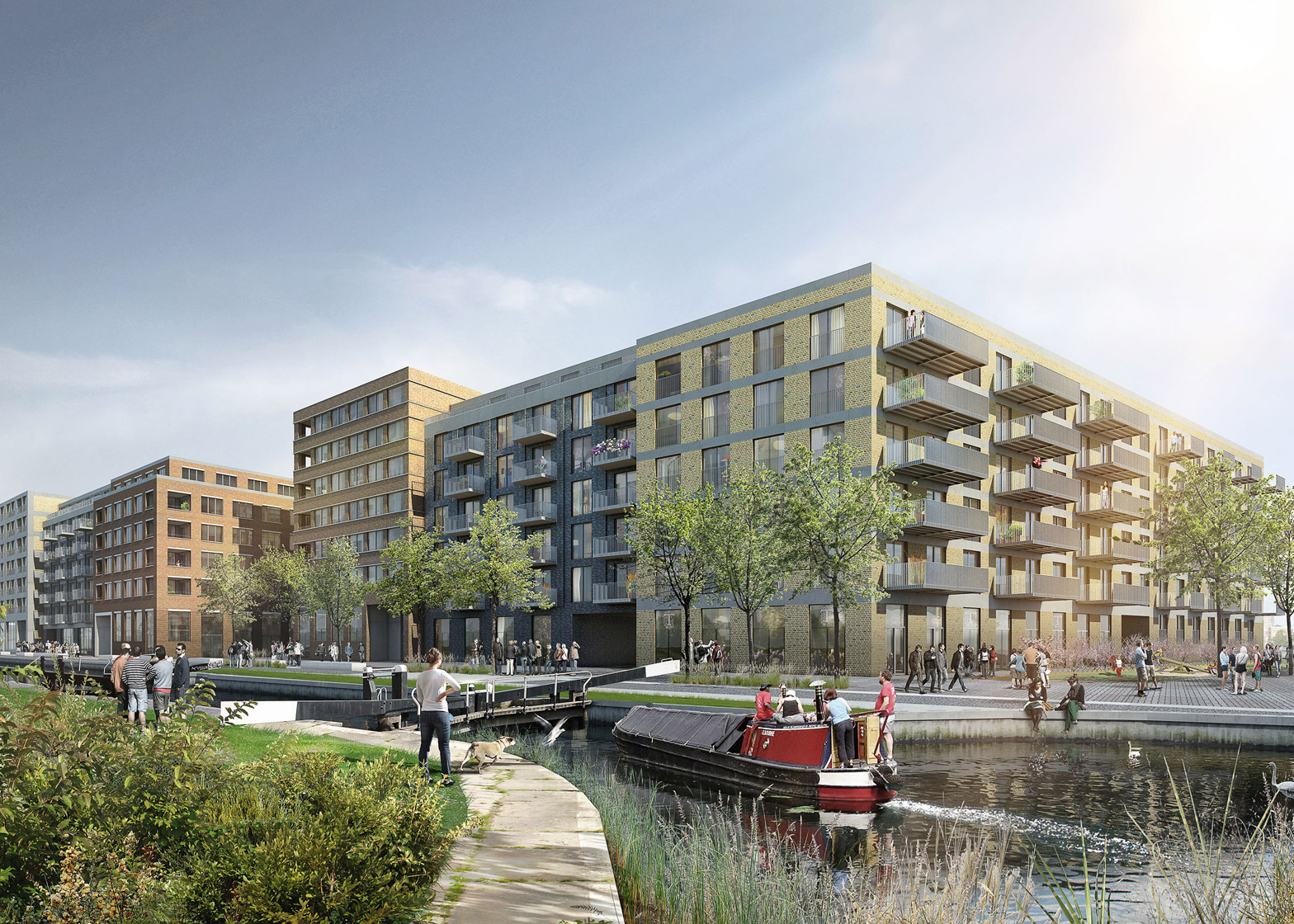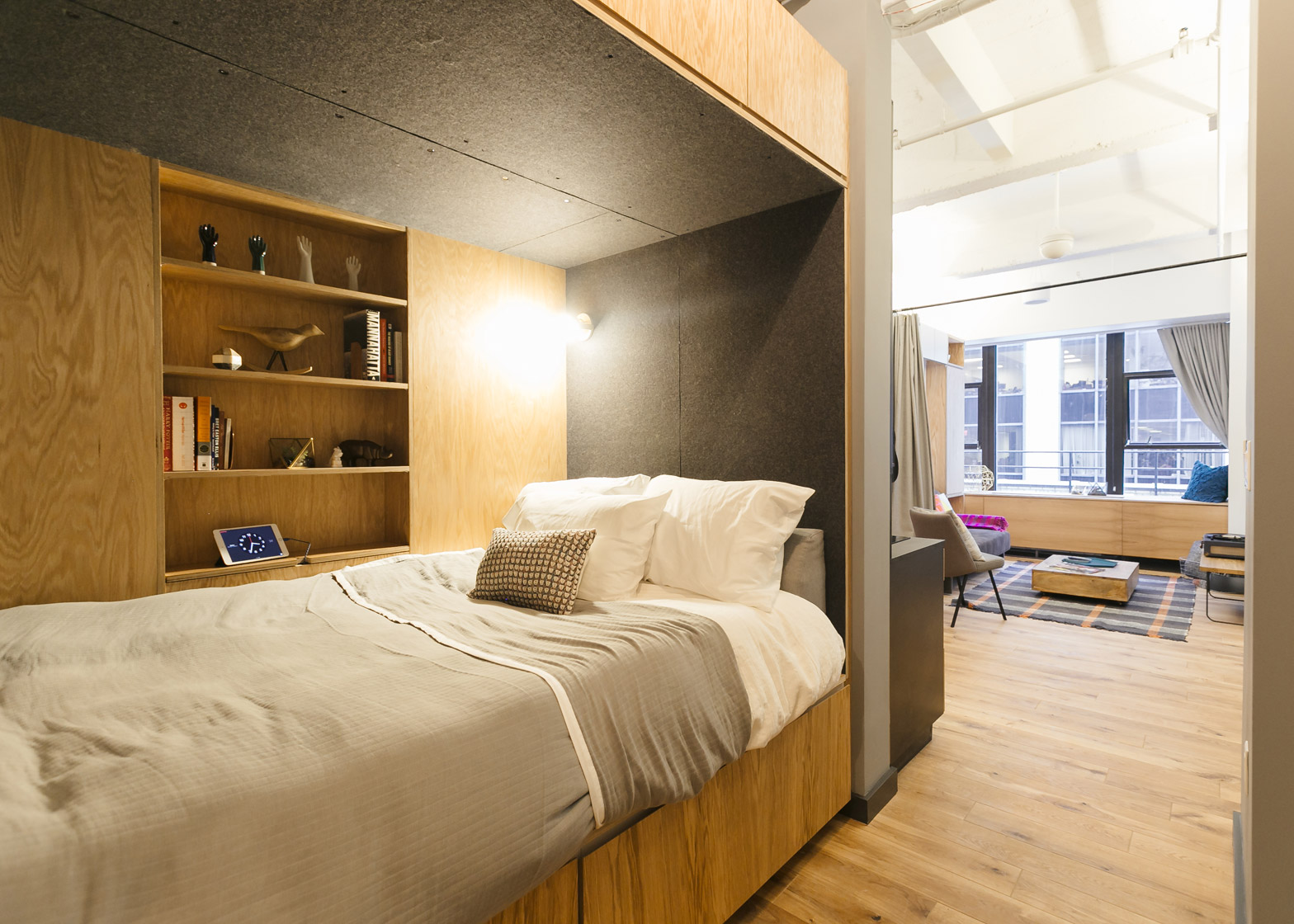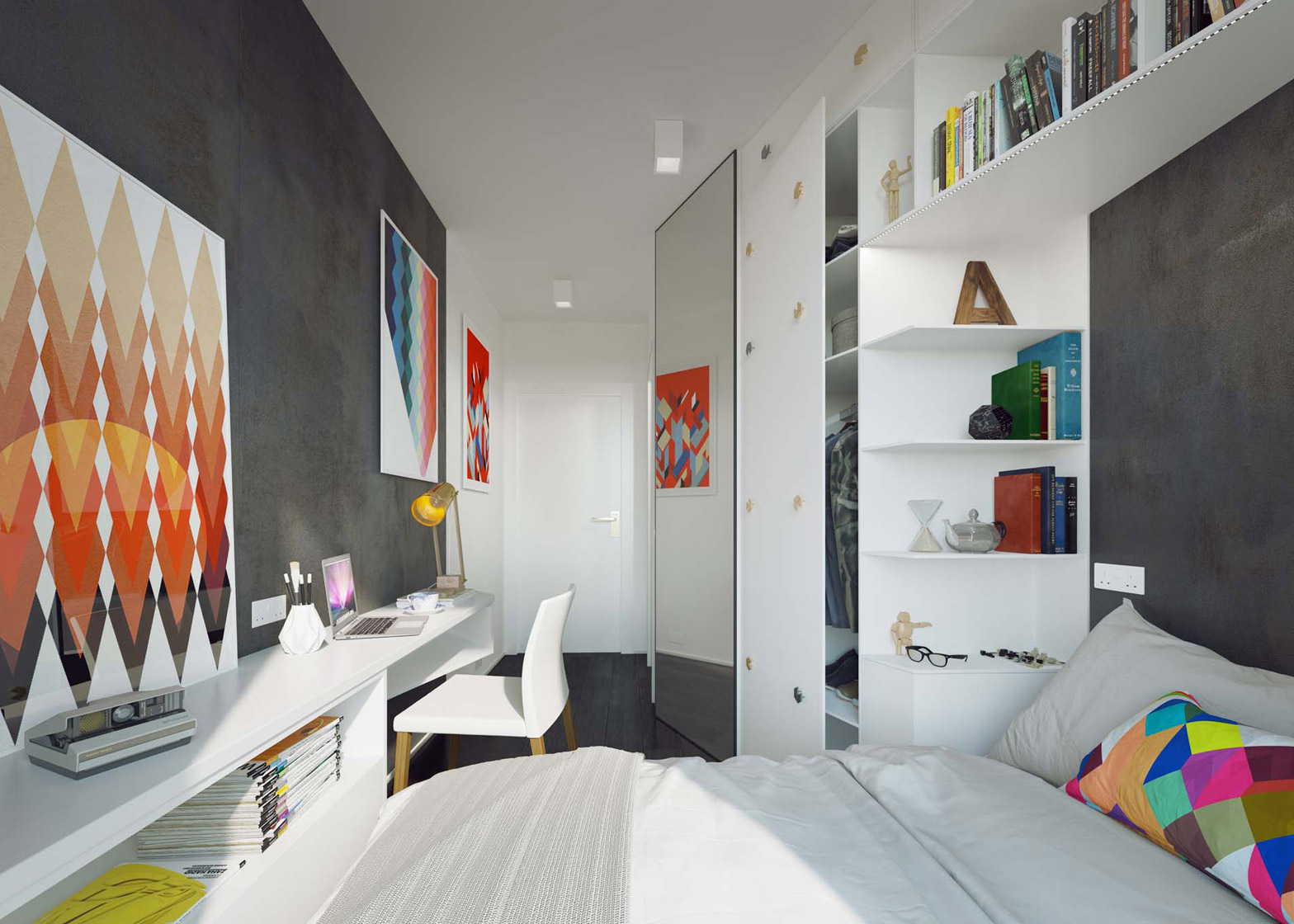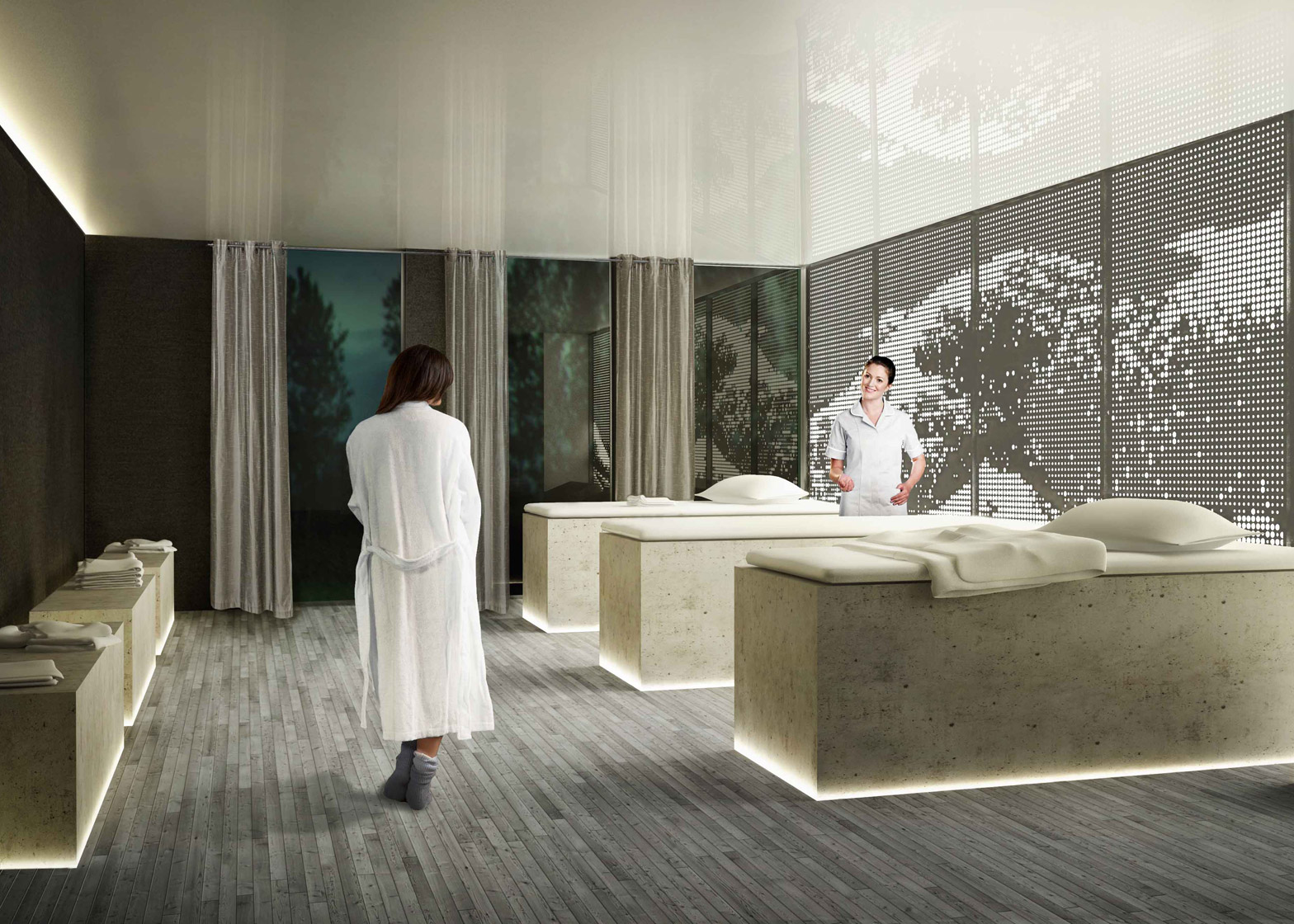Shared living spaces are booming in major cities as young people seek a more sociable lifestyle, according to the entrepreneurs behind the "co-living" accommodation trend (+ slideshow).
A cross between student housing and hotels, co-living spaces offer tenants serviced rooms in shared apartments with communal lounges, kitchens and bathrooms.
Demand for this type of accommodation – where everything from washing-up liquid to toilet roll is supplied – is soaring, according to James Scott, chief operating officer of London-based co-living developer The Collective.
"In every other industry you've got an ownership model and you've got a service model," he said. "The property market doesn't have that."
"We realised there's a gap in the market for this new way of living, which we somewhat coined the name 'co-living' to reflect it."
The Collective has already opened co-living spaces in prime locations including Kings Cross and Notting Hill in London, and is working on two more this year.
Scott said the movement reflects how young people, who accept they can't get a foot on the property ladder, now value experiences over possessions.
He points to Uber, rental bike and car services, mobile phone contracts, Netflix and Kindle as examples of how Generation Y are choosing to do away with belongings.
"I don't have possessions anymore, I'm all about experiences and it's high time that our workspaces and living spaces caught up," said Scott. "There's definitely a future based on this whole co-movement."
The co-living trend originated in the USA, where startups like Pure House and Common tapped into a market of under 35s wanting the sociability and convenience of a flatshare but failing to find quality accommodation.
By combining the shared living spaces of a flatshare with hotel services, they developed an upmarket version of student-style housing for adult renters, which interior designer Naomi Cleaver has predicted will be the UK's next big housing market.
"The way that people are choosing to live and work is changing," said Scott. "People are becoming really disenchanted with the rental market."
"It's incredibly inefficient, very expensive, takes a huge amount of hassle and actually you get very poor quality – there's no service."
Organised activities like potluck dinners, yoga classes and cookery workshops, and access to on-site cafes and restaurants are included in most of the schemes.
The appetite for this new type of serviced accommodation has been surprising according to Common founder Brad Hargreaves, who numbers more city workers among his Brooklyn tenants than freelancers and people in the creative sector.
"We weren't getting global nomads and freelancers, we were getting people who worked normal jobs in the city," said Hargreaves.
It costs around £250 per week to live in a co-living space, making it "25 per cent cheaper than a studio and about 25 per cent more expensive than getting a room on Craigslist", he said.
Hargreaves too has seen a shift in attitude in what renters want, he said: "What we've seen is a desire for experiences over ownership."
"Dollars are being spent on experiences as opposed to purchasing things that you own for a long period of time. I don't know whether this is good or bad, but I think we are part of that trend."
Former financier Ryan Fix founded his Brooklyn-based company Pure House on the same service model when, compelled by his "overwhelming love for life and mankind", he invited entrepreneurs to live in his own home and provided business advice. Now he is developing outposts in London and Paris.
"What's driving this co-living and communal housing movement is that more and more people are looking to live in a nurturing community with other other creatives and innovative people that can support one another," he told Dezeen.
The success of the co-working movement is even prompting shared workspace providers, including WeWork, to sidestep into the accommodation market.
The US company, which offers affordable office space, set up sister company WeLive late last year and has already opened a prototype housing scheme above its Wall Street offices in New York.
UK companies are now following suit by combining co-working and co-living spaces.
One such scheme is being developed by London housing body Peabody and shared workspace company The Trampery in Hackney Wick, an area of east London popular with artists for its warehouse studios.
Known as Fish Island Village, the development designed by British architects office Haworth Tompkins offers tenants a "more sophisticated model" than the co-living projects aimed solely at young professionals, said The Trampery founder Charles Armstrong.
Armstrong said this model is typically influenced by student accommodation, but he hopes features including an onsite creche, cinema and workshops will take the development in a slightly different direction from its competitors by also attracting families.
"The scheme is explicitly designed to support a multi-generational creative community," he said.






